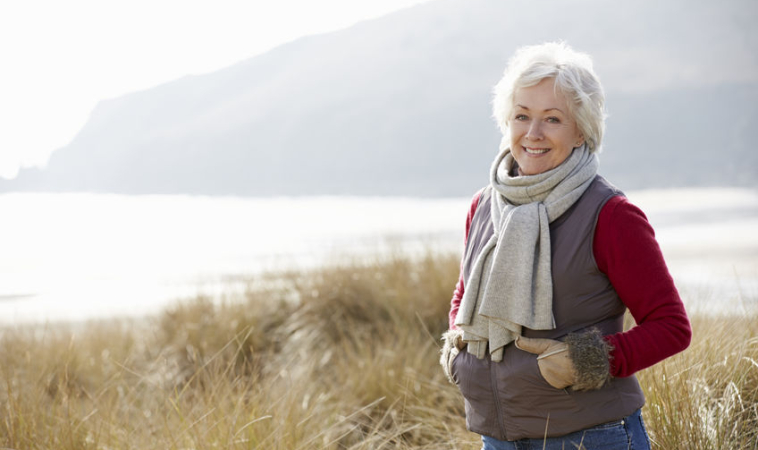Bone density loss accelerates after age 30, and can be quite a concern for those whose families tend to suffer from osteoporosis. Brittle bones and frequent fractures are more common in post-menopausal women, but men also face brittle bones as they age. Bone loss is extremely difficult to reverse, so learning how to build bone density naturally early in life can only pay off later. Here are seven ways to do that.
Slideshow: Click the arrows to move to next slide

Boosting calcium consumption can help bones stay strong: The mineral essential for proper strengthening of bones and teeth is calcium. Eating calcium-rich foods such as yogurt, cheese, milk, spinach and collard greens can boost calcium intake.

Vitamin D can help calcium absorption: Vitamin D works with calcium to help absorption. With the addition of exposing yourself to sunshine, which allows your body to produce its own vitamin D, supplements also help your body absorb calcium, which helps your bones remain strong. Eating vitamin D-rich foods such as shellfish, cereal, orange juice, fish and eggs also helps.

Use black pepper to increase your body’s ability to absorb calcium: In addition to acting as an anti-inflammatory and anti-oxidant, black pepper (Piper nigrum) also helps the body absorb calcium. Black pepper also is rich in vitamin K, manganese, iron, copper and magnesium.

Vitamin K helps build bone density: While vitamin K is credited with helping blood to clot, it also helps your body make proteins that in turn help build healthier bones. It works in tandem with vitamin D and increases absorption of minerals such as calcium as well. Find vitamin K in deep green foods such as Swiss chard, spinach, kale and broccoli.

Increasing potassium in the diet helps your bones: While potassium is known to help muscles and aid the removal of cell waste, it also flushes and neutralizes acids blamed for removing calcium from the body. Studies have proved that a diet high in potassium can improve bone health in premenopausal women. Potassium can be found in supplements and by eating foods such as bananas, sweet potatoes and cantaloupe.

Walk, walk, walk to increase bone health: If you sit too much, your bones weaken. There is something about the impact of walking that strengthens bones. It appears that exercises such as walking, jumping rope, stair climbing and resistance training all help bone health.
"I cannot emphasize enough the importance of walking on a consistent daily basis- absolutely essential for bone strength. Along with a healthy diet as outlined in these steps, one can expect to have healthy bones well into old age," said Dr. Anne Williams, ND

Ditch the coffee, save your bones: Caffeine interferes with the body’s ability to absorb calcium. Add that to a deficiency in vitamins D and K, and you have a recipe for weak bones.























